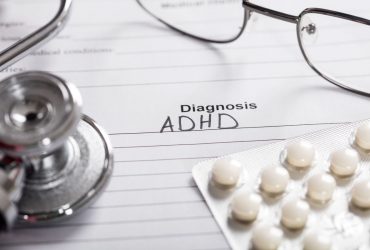However, patients who received initial stimulant prescription via telehealth had increased odds of stimulant use disorder
Increases in hemodynamic signs seen with amphetamines, atomoxetine, lisdexamfetamine, methylphenidate, and viloxazine
Youths with highly symptomatic ADHD significantly more likely to initiate e-cigarette use, dual use
While incidence has remained flat for adolescents since 2018, there has been an uptick for adults since 2020
Benefits seen for material organization, working memory, and inhibition
Monitoring trajectories of emotion regulation over development could help flag at-risk children, authors say
Of the about one-third receiving stimulant medication, 71.5 percent had difficulty filling prescription due to unavailability
Findings seen for attention-deficit/hyperactivity disorder or depressive disorder
Findings seen at age 40 years compared with healthy controls, with fewer cognitive deficits seen for those with subthreshold childhood ADHD











